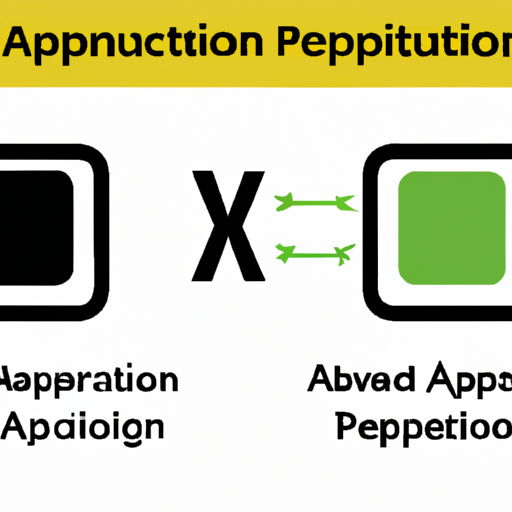Application Development in Rechargeable Batteries (Secondary) for P-11AAHL3X2: Key Technologies and Success Stories
The P-11AAHL3X2 represents a specific type of rechargeable battery, typically in the AA form factor, which can utilize lithium-ion or nickel-metal hydride (NiMH) chemistries. The development of such batteries is influenced by several key technologies and has led to numerous success stories across various industries. Below is a detailed overview of these aspects.
Key Technologies
| 1. Battery Chemistry | |
| 2. Battery Management Systems (BMS) | |
| 3. Fast Charging Technologies | |
| 4. Recycling and Sustainability | |
| 5. Smart Battery Technologies | |
| 1. Consumer Electronics | |
| 2. Electric Vehicles (EVs) | |
| 3. Renewable Energy Storage | |
| 4. Medical Devices | |
| 5. Power Tools | |
Success Stories
Conclusion

The development of rechargeable batteries, particularly in the context of the P-11AAHL3X2, is driven by advancements in battery chemistry, management systems, and sustainability practices. The success stories across various sectors highlight the transformative impact of these technologies, paving the way for a more sustainable and efficient energy future. As research continues and new technologies emerge, the potential applications for rechargeable batteries will only expand, further enhancing their importance in modern society. The ongoing evolution in battery technology promises to address the growing energy demands while minimizing environmental impact, making rechargeable batteries a cornerstone of future energy solutions.
Application Development in Rechargeable Batteries (Secondary) for P-11AAHL3X2: Key Technologies and Success Stories
The P-11AAHL3X2 represents a specific type of rechargeable battery, typically in the AA form factor, which can utilize lithium-ion or nickel-metal hydride (NiMH) chemistries. The development of such batteries is influenced by several key technologies and has led to numerous success stories across various industries. Below is a detailed overview of these aspects.
Key Technologies
| 1. Battery Chemistry | |
| 2. Battery Management Systems (BMS) | |
| 3. Fast Charging Technologies | |
| 4. Recycling and Sustainability | |
| 5. Smart Battery Technologies | |
| 1. Consumer Electronics | |
| 2. Electric Vehicles (EVs) | |
| 3. Renewable Energy Storage | |
| 4. Medical Devices | |
| 5. Power Tools | |
Success Stories
Conclusion

The development of rechargeable batteries, particularly in the context of the P-11AAHL3X2, is driven by advancements in battery chemistry, management systems, and sustainability practices. The success stories across various sectors highlight the transformative impact of these technologies, paving the way for a more sustainable and efficient energy future. As research continues and new technologies emerge, the potential applications for rechargeable batteries will only expand, further enhancing their importance in modern society. The ongoing evolution in battery technology promises to address the growing energy demands while minimizing environmental impact, making rechargeable batteries a cornerstone of future energy solutions.













